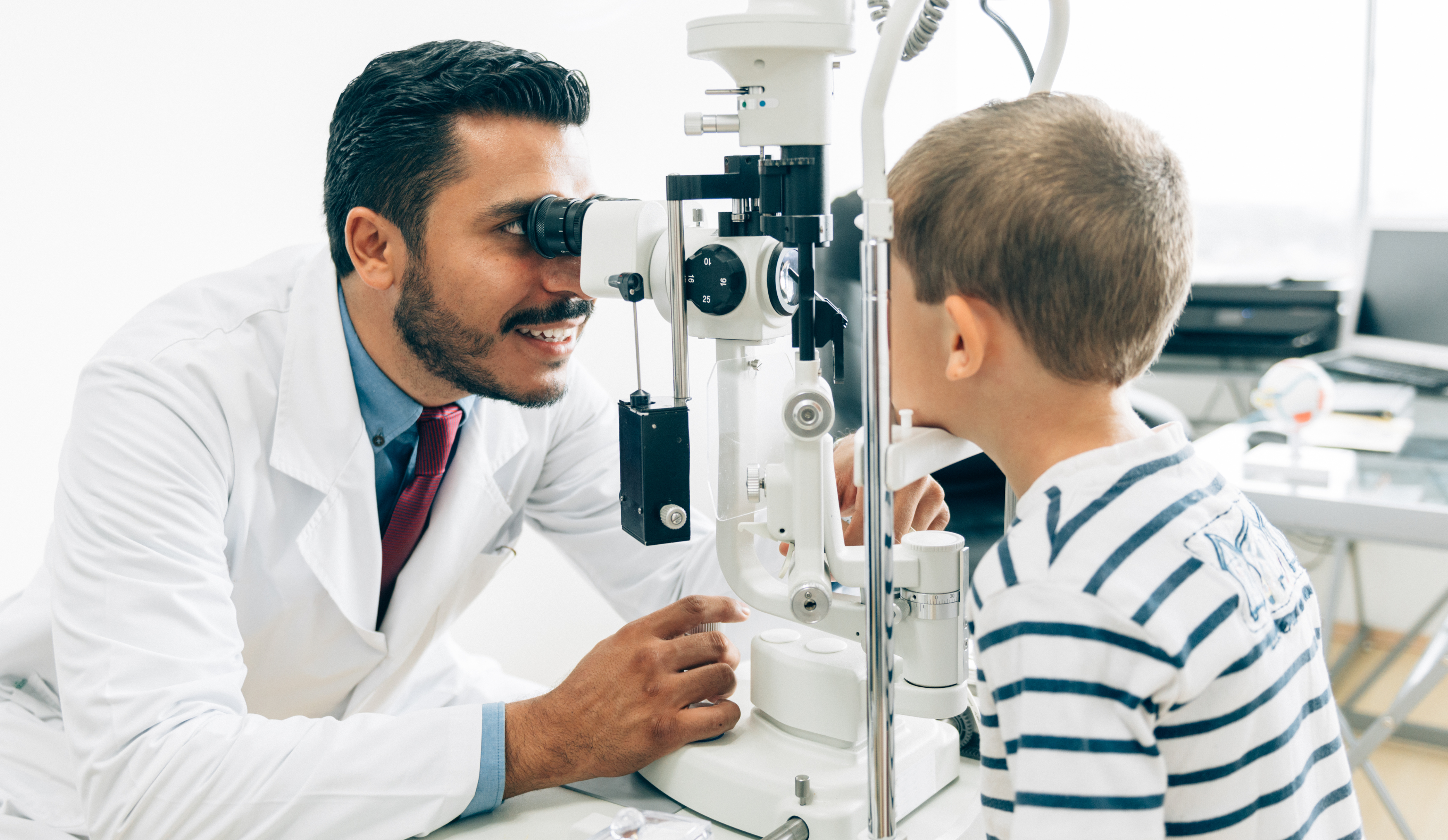GEA - Reasons Why You Should Get a Second Opinion
While we often place our trust in healthcare professionals, it's important to remember that medicine is not an exact science, and there can be room for interpretation and different treatment approaches. This is where the concept of seeking a second medical opinion comes into play. In this blog, we will explore the importance of obtaining a second opinion on medical issues and the benefits they can bring to your health and peace of mind.
Reasons To Get a Second Opinion
- Reducing the Risk of Misdiagnosis
Misdiagnosis is a significant concern in healthcare. It can lead to incorrect treatment plans, unnecessary procedures, or delayed interventions. Seeking a second opinion can help to confirm or correct a diagnosis, reducing the risk of misdiagnosis and ensuring that you receive the most accurate assessment of your condition.
- Exploring Alternative Treatment Options
Different medical professionals may have varying perspectives on how to manage a specific medical condition. While one doctor may recommend surgery as the primary solution, another may suggest non-invasive treatments or lifestyle changes. Getting a second opinion allows you to explore different treatment options and choose the one that aligns best with your preferences and values.
- Gaining Peace of Mind
Medical diagnoses can be emotionally overwhelming. The uncertainty and fear often accompanying a serious illness can be eased by obtaining a second opinion. Knowing that you've explored different perspectives and options can provide a sense of control and peace of mind, allowing you to make more informed decisions about your healthcare.
- Avoiding Overtreatment
In some cases, a primary healthcare provider may recommend aggressive treatment that may not be necessary. Seeking a second opinion can help determine if a less invasive or less aggressive approach is equally effective. This can save you from unnecessary surgeries or treatments with potential side effects and complications.
Remember that seeking a second opinion is not an act of defiance or lack of trust in your primary healthcare provider. It's a rational and responsible step toward ensuring that you receive the best possible care for your medical condition. Your health and well-being should always be your top priority, and seeking a second medical opinion can help you achieve that goal.
When Should I Get a Second Opinion?
While you don’t need a reason to get a second opinion, there are some instances where getting one can be valuable.
- Serious or Complex Diagnoses
When you receive a diagnosis for a severe, complex, or rare medical condition, it's a good idea to seek a second opinion. Conditions such as cancer, autoimmune diseases, neurological disorders, or rare illnesses may benefit from multiple expert perspectives to ensure an accurate diagnosis and appropriate treatment plan.
- Major Surgical Procedures
Before undergoing major surgeries, especially those with significant risks and potential complications, it's wise to consult another specialist. Different surgeons may have varying approaches, and you can assess the pros and cons of each.
- Medication Recommendations
When prescribed new medications, especially if they are costly or have potential side effects, consider getting a second opinion to ensure that the medication is the most suitable option for your condition.
- Lack of Improvement
If you've been following a treatment plan for an extended period with little to no improvement in your condition, seeking another opinion can help identify potential factors that may have been overlooked and offer alternative solutions.
Getting a second opinion is simply about having confidence in your healthcare decisions. So, if none of these reasons apply to you, and you just want reassurance, seek a second opinion. Wanting peace of mind is the best reason of all. Listen to your intuition and have confidence in your treatment no matter what your medical situation is.
Insurance and Second Opinions: Dealing with the Cost
The cost of medical care is a significant concern for many people, especially when multiple doctor's appointments and tests are involved. Fortunately, health insurance can help alleviate some of the financial burdens associated with seeking second opinions.
Make sure you choose in-network specialists to maximize your insurance coverage. Also, be sure to check with your insurance provider about needing prior authorizations for consultations or tests. Depending on your insurance plan, you may need a referral from your primary care physician to see a specialist. Make sure you understand your plan's referral process and adhere to it to avoid potential claim denials.
Remember that your health is invaluable, and seeking the right medical advice, even if it involves additional costs, can lead to better outcomes in the long run.
Supplemental Insurance with GEA
When your primary insurance doesn’t cover all your medical costs, including second opinions, turn to GEA. Our TRICARE Supplement Insurance helps ease the burden of TRICARE members’ wallets. We help reduce or eliminate costs for prescription medications, doctor visits, co-pays, and more! Together, we can help give you and your family peace of mind. See your estimated monthly cost by using our online calculator. For more information, download our TRICARE Supplemental Insurance Info Guide or speak to a specialist!




